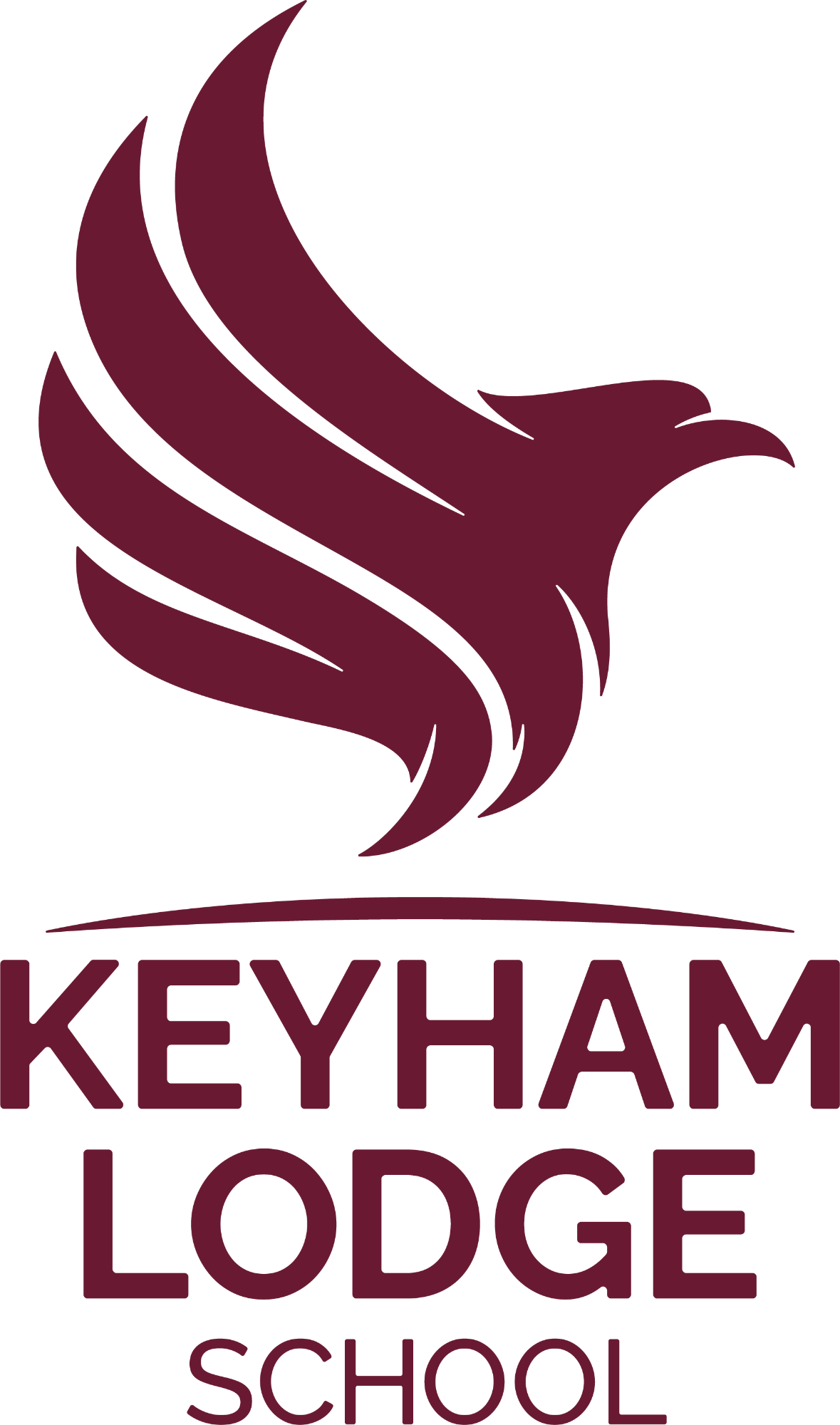Curriculum
The Curriculum at Keyham Lodge School develops our students’ CORE skills so that they strive to become individually successful
At Keyham Lodge School we aim to provide a broad, balanced and relevant curriculum that will motivate, engage and challenge pupils whilst also equipping them with the skills required for further study, training or employment.
"There are four main schools of thought about the purpose of a school curriculum: to prepare pupils for the workplace, to build character, to further social justice and to teach knowledge for its own intrinsic value"
Turner, 2016
In order to ensure that the school’s curriculum offer meets the specific needs of our students, we take into consideration our school community context – we want to ensure that we provide the learning experiences and cultural capital that our students are likely to miss as a result of their home circumstances.
Our CORE Curriculum offer forms the foundation of what we hope to achieve with the students. Through the CORE offer we aim to develop:
- Character
- Oracy
- Resilience
- Emotional Intelligence
All of which we underpin though our 5 key Behaviour Principles:
- Respect
- Honesty
- Trust
- Integrity
- Kindness
The CORE curriculum at Keyham Lodge School teachers our students to be respectful, responsible and resilient.
The CORE curriculum enables our students to develop the personal skills to be able to strive and success in all subject areas. So that CORE skills and our behaviour principles become integral to all students, all facilities will also support the development of these through their curriculum offer.
Students at the school also have access to a full complement of subject areas at both Key Stage 3 and Key Stage 4. All students are given the opportunity to learn in:
- English
- Maths
- Science
- Humanities
- ICT
- Art
- DT
- Cooking
- PE
- Music
- Equine Studies
All these subject areas are also supplemented by MySkills (a comprehensive programme designed to develop out students’ resilience and provide them with opportunities are likely to have missed as part of the childhood and upbringing).
Each Department area has autonomy over the design of their specific curriculum offer.
Each area is clear on their intent, which determines what is taught as there is a clear understanding of why it is included.
Decisions on both content and development of sequencing are guided by carefully researched principles of successful curriculum design.
Three Key Questions are at the centre of these decisions:
- What does the ‘best of what has been thought and said’ look like in my subject?
- How have I sequenced my curriculum to ensure that pupils will build schemata (mental models) of knowledge?
What is the disciplinary and substantive knowledge in my subject (as well as the key skills and knowledge), what is the appropriate balance between these two in the curriculum and how does this unfold in the way we will teach?
In ensuring that what is being taught is both relevant and responsive to the needs of our students, all teams have explored the ‘narrative’ of their curriculum. Teachers and leaders will know the journey that students will go on over each year, each key stage and over their five years in our school. All Curriculum maps are designed to ensure with the end point (module/year/key stage/ultimate) in mind.
Key Stage 4 Pathways
Transitioning into KS4 sees our students given the opportunity to refine their curriculum by identifying a lead pathway (Sport, Catering, Computing, Construction, Mechanics, Uniformed Services – or any other specific area that students have a vested interest in).
These pathways are a rich taste of a chosen industry and, based on our evidence of past leavers, lead to more sustained employment post-16. Alongside these pathways, students personalise their curriculum further by choosing from a wide range of options subjects (Art, DT, History, Geography, Business Studies, Music, CSCS,) and undertake GCSEs in English, Maths and Science (Double, Single, Animal Care or Sport Science), and complete an all-encompassing learning for life and character development programme (CORE).

